On US Presidents And Empty Threats
No thinking person makes empty threats. Empty threats destroy credibility. The post On US Presidents And Empty Threats appeared first on Above the Law.
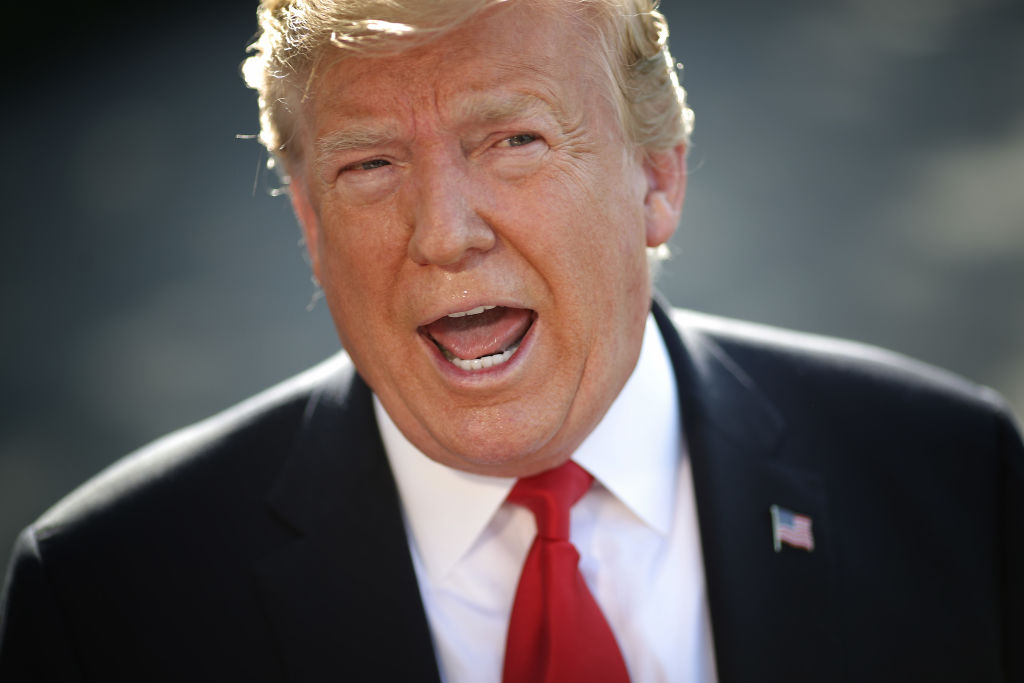

In 2012, President Barack Obama said that the use of chemical weapons by the Assad regime in Syria would constitute a “red line” that would trigger a strong U.S. response. Assad used chemical weapons; the U.S. opted for a diplomatic response; Obama was criticized for having bluffed. Republicans — including Donald Trump — were relentless in their attacks on Obama.
And — sorry, Democrats — the critics were right. The president of the United States is a powerful guy. He should not make empty threats. If the president says he’s going to retaliate for some conduct, and the conduct occurs, then the president should retaliate in precisely the way he threatened. That’s essential to maintaining American credibility.
I’m not talking about silly campaign promises here. Everyone knew that Trump couldn’t end the war in Ukraine in 24 hours or immediately get inflation under control. That was all just a politician jabbering — the usual lies.
I’m talking instead about threats with clear deadlines made while a president is in office.
Think, for example, about the far less important context of litigation. If you say that you’re going to move for sanctions if the other side doesn’t withdraw its motion, and the other side doesn’t withdraw its motion, then you must move for sanctions. No thinking person makes empty threats. Empty threats destroy credibility.
Travel back with me, if you will, about a month, to March 5, 2025. Trump had already pardoned the January 6 criminals, but Pete Hegseth had not yet drunk-texted Jeffrey Goldberg with military attack plans, and the U.S. had not yet started a global trade war. Was that really just five weeks ago?
On March 5, Trump tweeted that Hamas must, “Release all of the hostages now, not later, and immediately return all of the dead bodies of the people you murdered, or it is OVER for you.” Hamas ignored Trump; Trump did nothing. Trump deserves criticism for this. The president of the United States is a powerful guy. He should not make empty threats. The United States should not show the world that its bluff can be called.
Now think about the tariff situation. Trump threatened tariffs on Canada and Mexico. Canada and Mexico called Trump’s bluff. Trump rolled back his plans.
Last week, more broadly, Trump bluffed again. He imposed baseline tariffs of 10% on many countries and threatened that higher reciprocal tariffs would become effective on April 9. On April 4, Trump tweeted that his tariff “POLICIES WILL NEVER CHANGE.” The reciprocal tariffs went into effect on April 9 and lasted until — checks notes — later in the day on April 9.
Trump deserves criticism for this. The president of the United States is a powerful guy. He should not make empty threats. The United States should not show the world that its bluff can be called.
I see now that Trump fans are defending Trump’s erratic conduct as a brilliant negotiating strategy. I don’t believe that; I think that Trump is shooting from the hip, with no overarching plan and no goal in sight. For the sake of argument, however, I’ll grant the Trump supporters that this whole tariff situation is a study in brilliance.
Riddle me this: Even if the ultimate tariff plan makes sense, why does that plan involve making firm commitments and then not following through on them?
Is bluffing really part of the plan? Why? Is demonstrating that the United States does not keep its promises a good idea? Was Obama right to do little after Assad used chemical weapons?
Perhaps Trump is in fact a stable genius, and I’m just too simple-minded to understand the brilliance of his tariff strategy. But can anyone — anyone — explain to me why, whatever the ultimate tariff plan is, it makes sense as part of that plan for Trump to follow a pattern of first making empty threats and then not carrying them out?
Or isn’t that weakness, or stupidity, through and through?
Mark Herrmann spent 17 years as a partner at a leading international law firm and later oversaw litigation, compliance and employment matters at a large international company. He is the author of The Curmudgeon’s Guide to Practicing Law and Drug and Device Product Liability Litigation Strategy (affiliate links). You can reach him by email at inhouse@abovethelaw.com.
The post On US Presidents And Empty Threats appeared first on Above the Law.












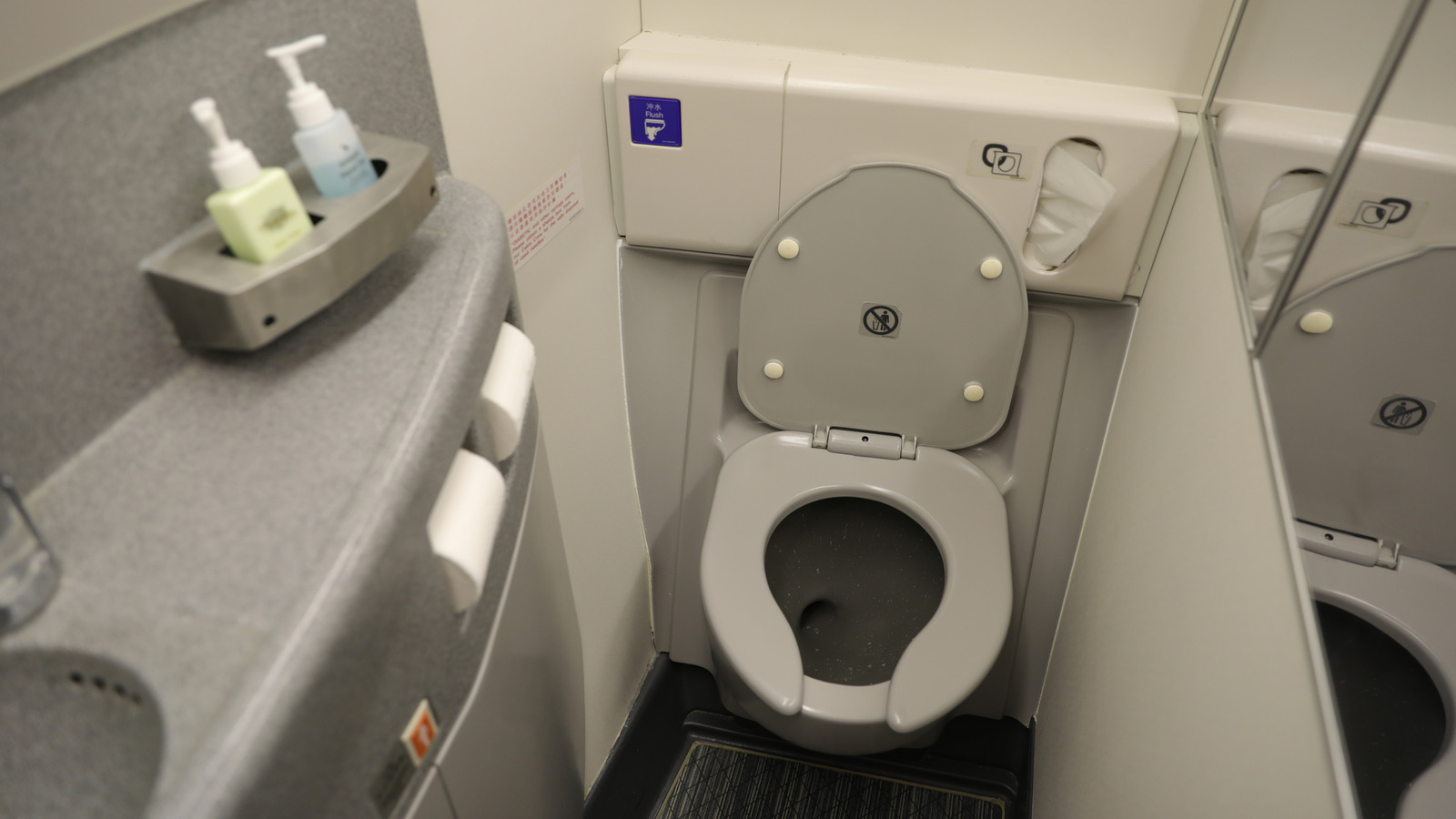

















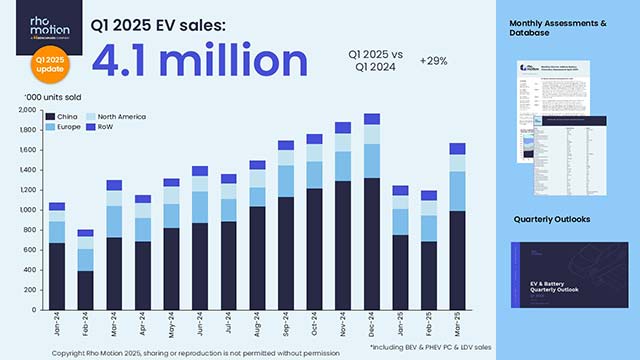



































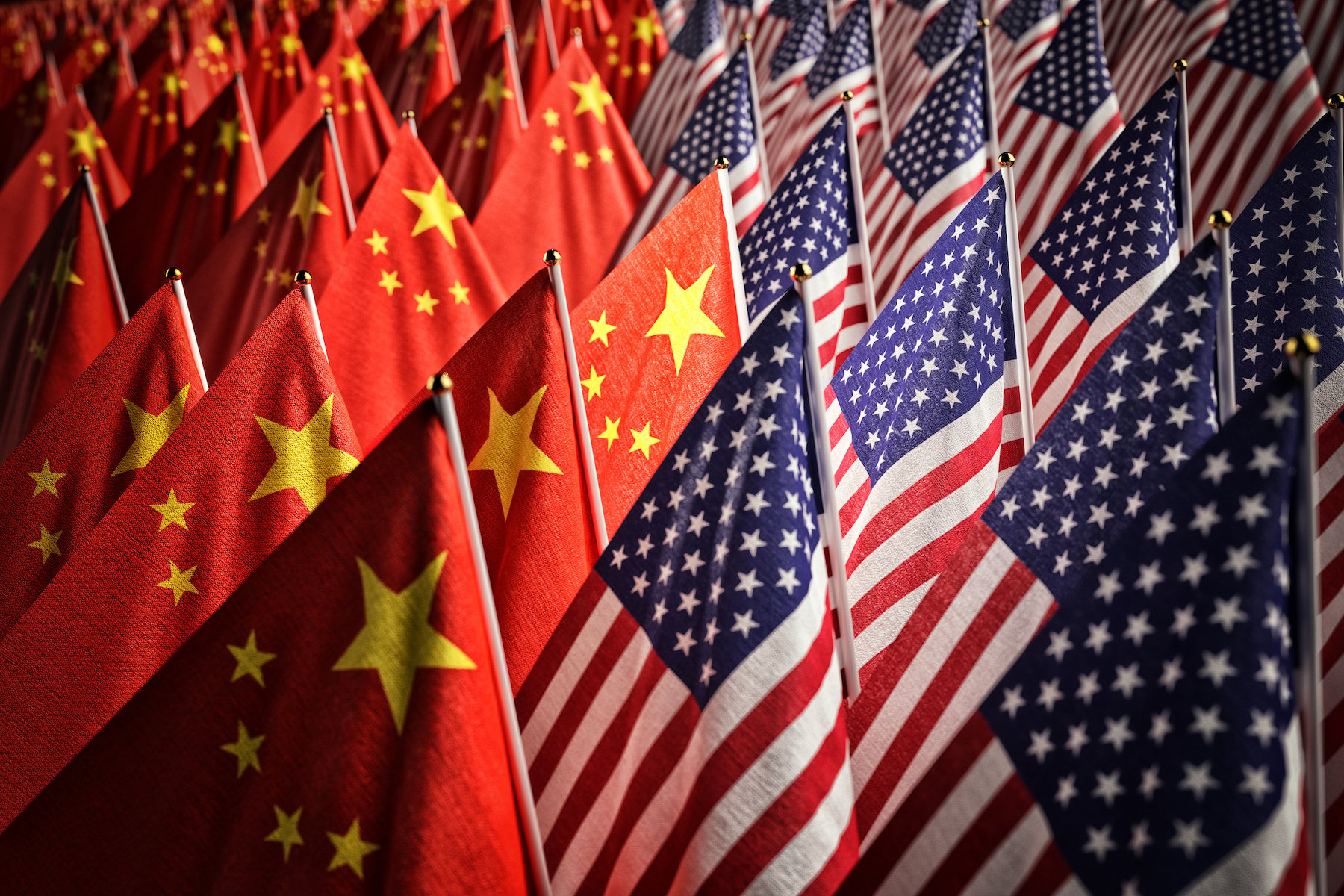





















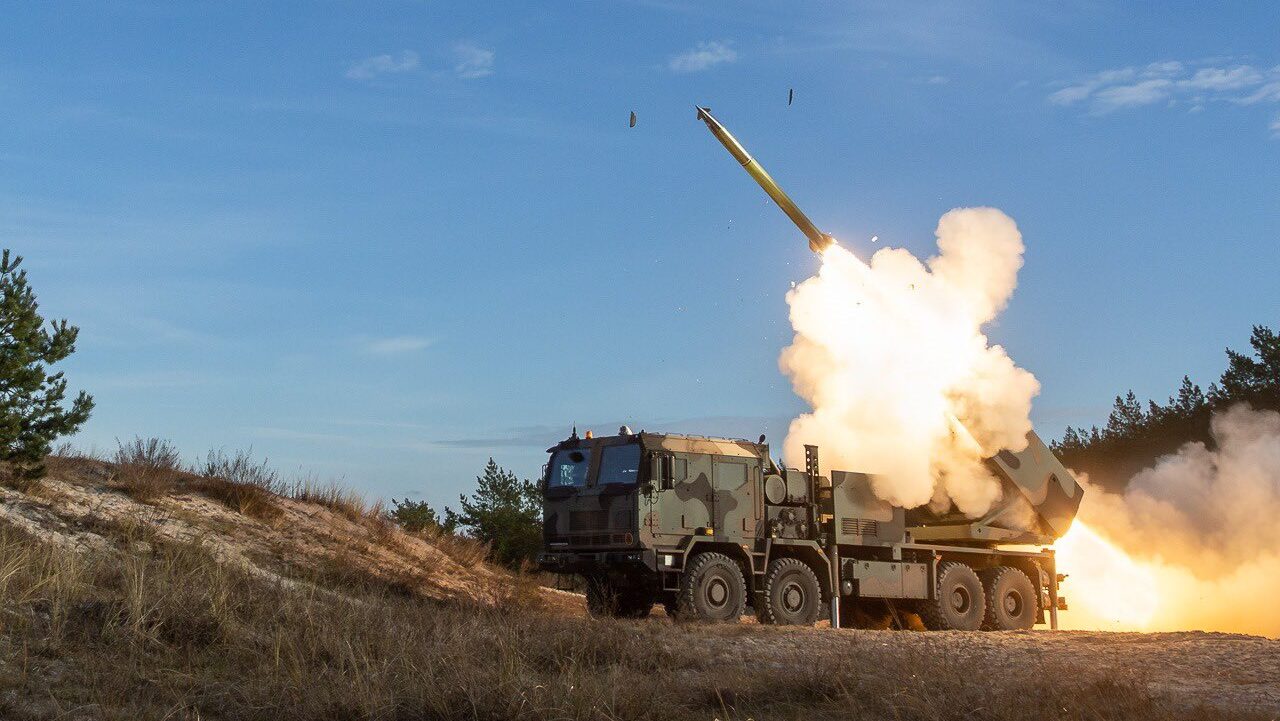














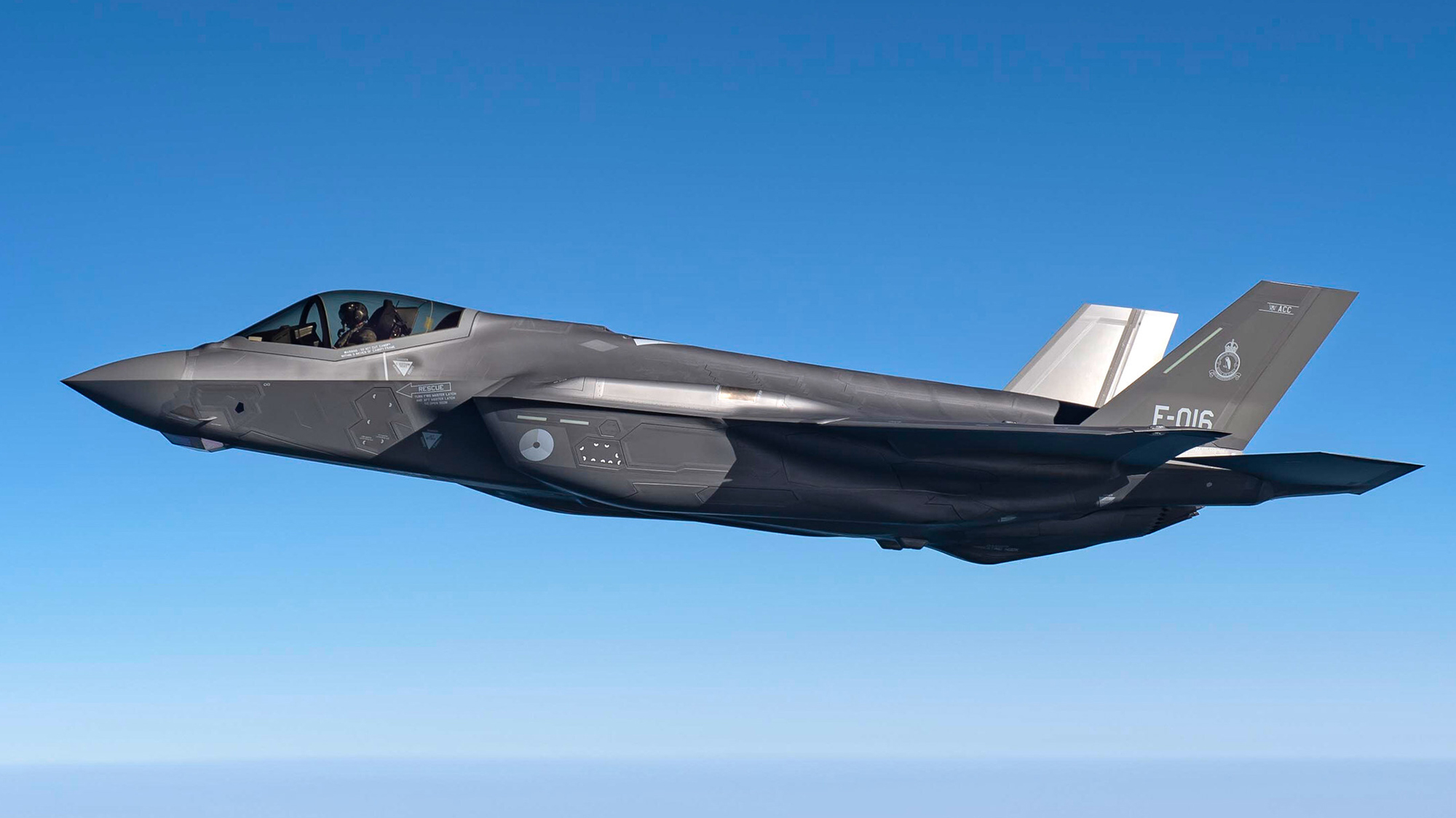




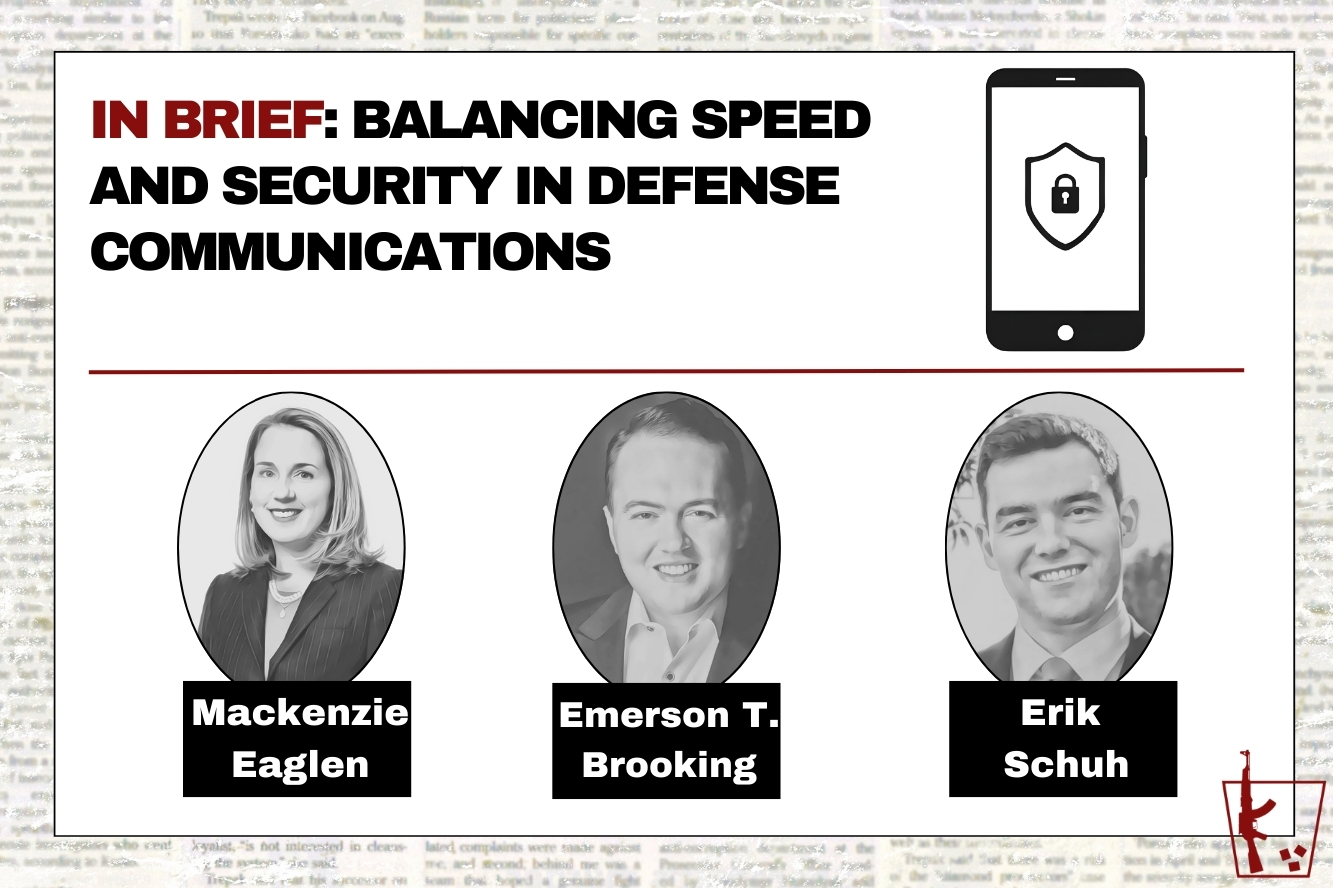




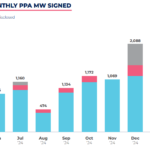

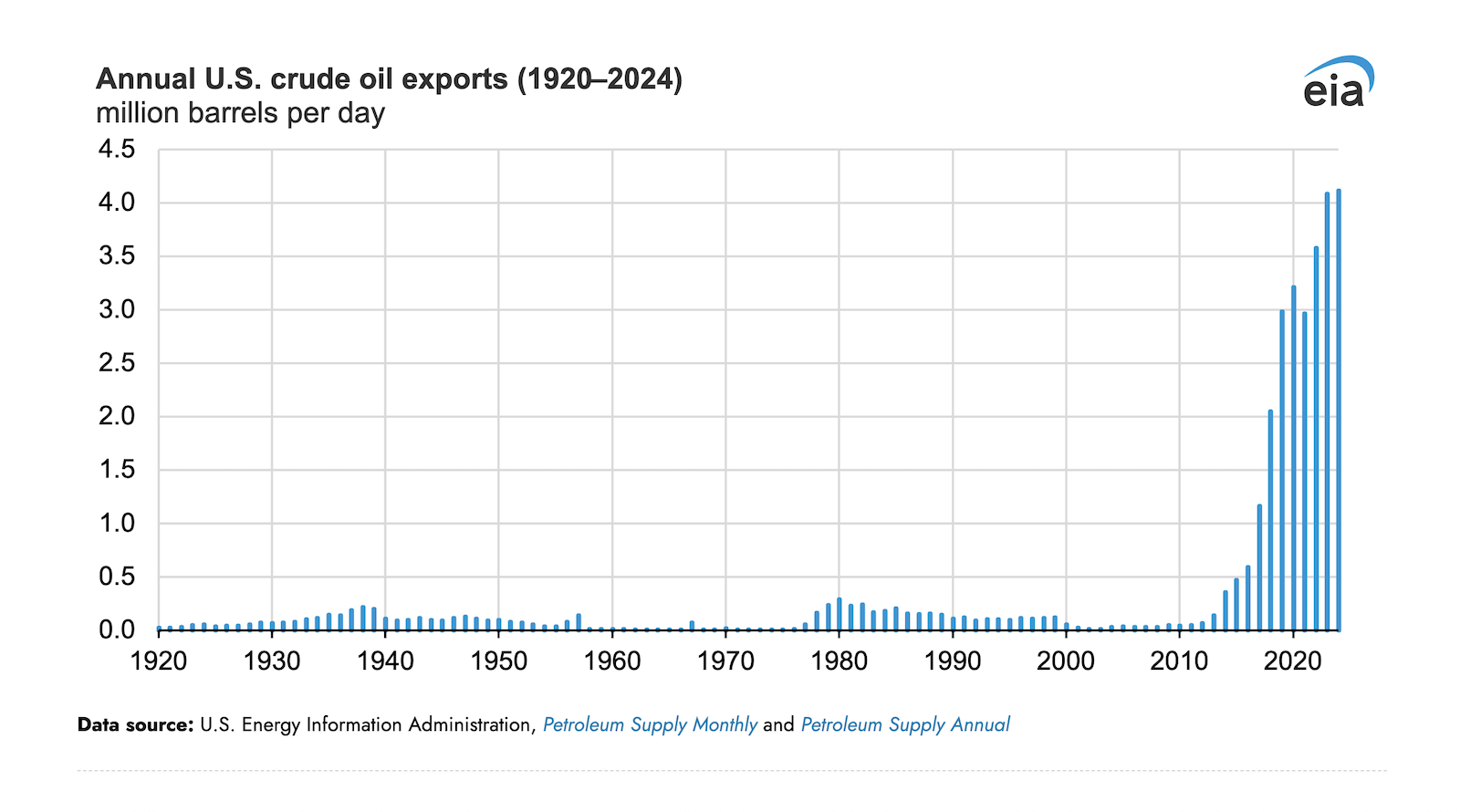










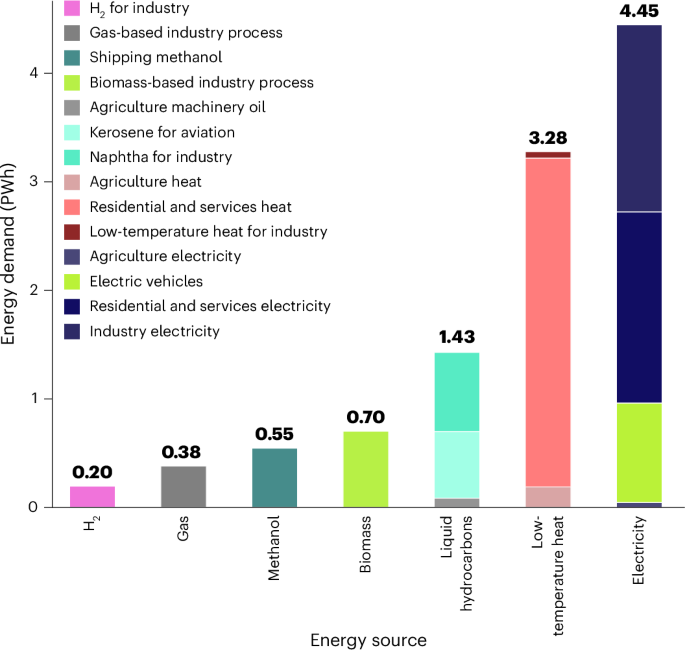
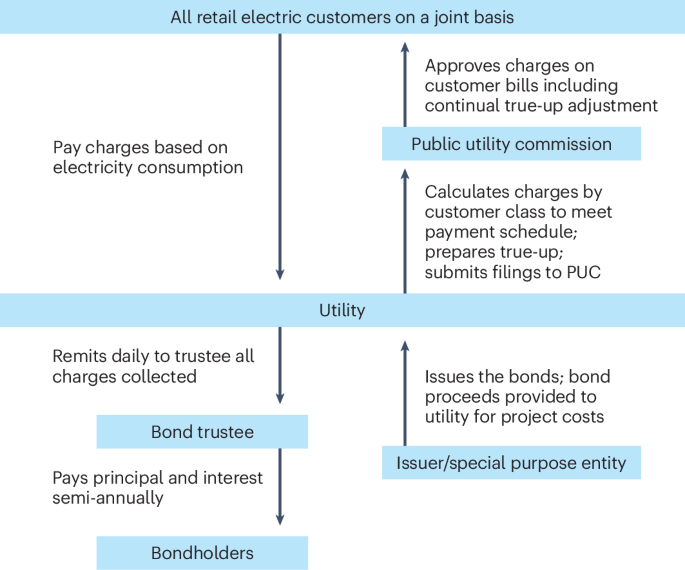























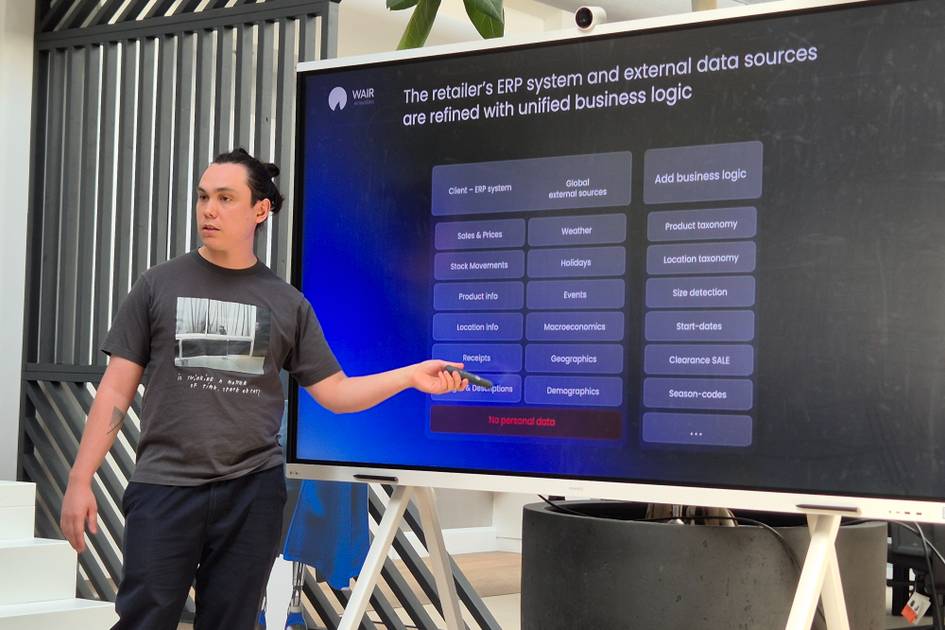

















![Best, [Pronouns Redacted] — See Also](https://abovethelaw.com/wp-content/uploads/sites/4/2024/12/GettyImages-1465926877-e1734032437874.jpg)





